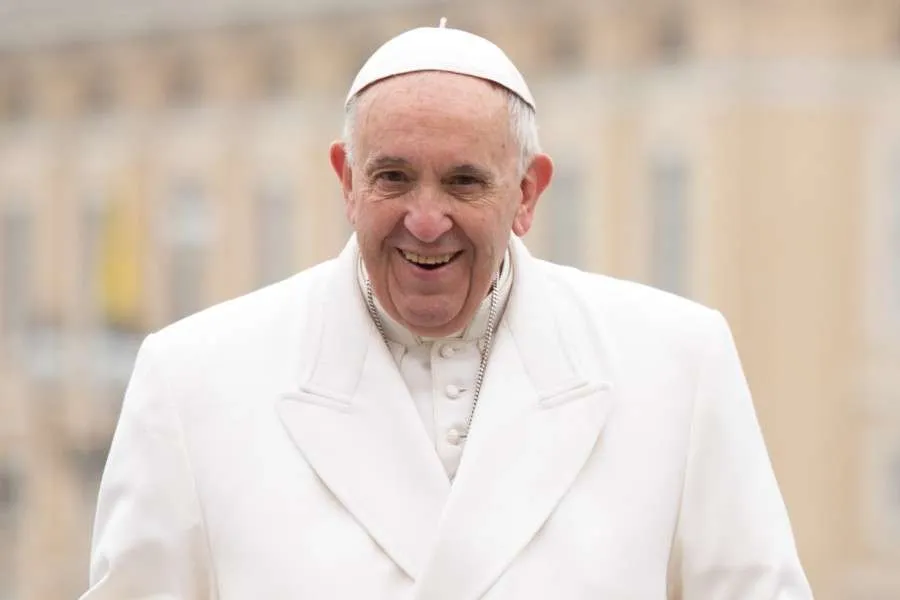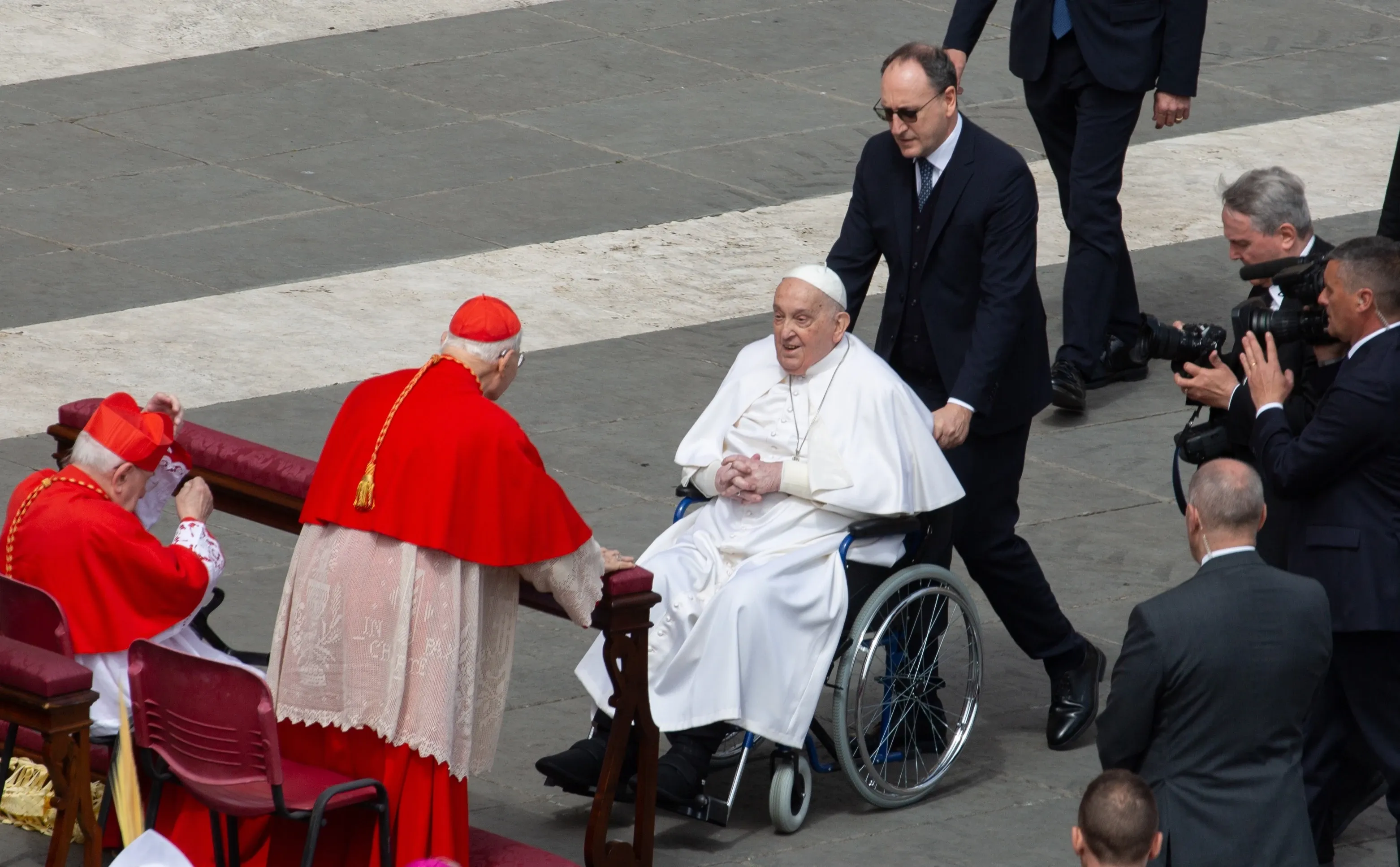The forum includes a video conference debate between Hillary Clinton, John Bolton, Tom Ridge, and Thomas Friedman on the schedule for Sept. 4.
Other speakers via video conference at this year’s forum include French President Emmanuel Macron, the Governor of the People’s Bank of China Yi Gang, Italian President Sergio Mattarella, Italian Prime Minister Guiseppe Conte, former United Nations Secretary-General Ban Ki-moon, and other political leaders.
In his message to the forum, Pope Francis said that the uncertainty caused by the coronavirus pandemic had created a need to discern “what is lasting from what is fleeting, what is necessary from what is not.”
“Having failed to show solidarity in wealth and in the sharing of resources, we have learned to experience solidarity in suffering,” the pope said.
“Culturally, this time of trial has taught us a number of lessons. It has shown us the greatness of science, but also its limits. It has called into question the scale of values that sets money and power over all else. By forcing us to stay at home together, parents and children, young and old, it has once again made us aware of the joys and difficulties involved in our relationships. It has made us refrain from the superfluous and concentrate on the essential. It has toppled the shaky pillars that supported a certain model of development,” he added.
Referring to St. Ignatius of Loyola, Pope Francis said: “Christ urged all who heard him, and ourselves today, not to stop at externals, but to discern sagely the signs of the times.”
He added that the times called for an experience of “ecological conversion” to “slow down our inhuman pace of consumption and production, and to learn once more how to understand and contemplate nature. To reconnect with the world around us. To work for an ecological retooling of our economy, without yielding to the pressures of time and of human and technological processes, but rather by returning to relationships that are experienced, not consumed.”
The pope said that creativity was also needed to restore meaning to the present and create a better future.
“We are also called to be creative, like artisans, devising fresh new ways to pursue the common good,” he said. “That creativity can only come from openness to the breath of the Spirit, who inspires us to attempt new, timely and indeed bold decisions, as men and women capable of shaping that integral human development to which we all aspire.”
Courtney Mares is a Rome Correspondent for Catholic News Agency. A graduate of Harvard University, she has reported from news bureaus on three continents and was awarded the Gardner Fellowship for her work with North Korean refugees.








